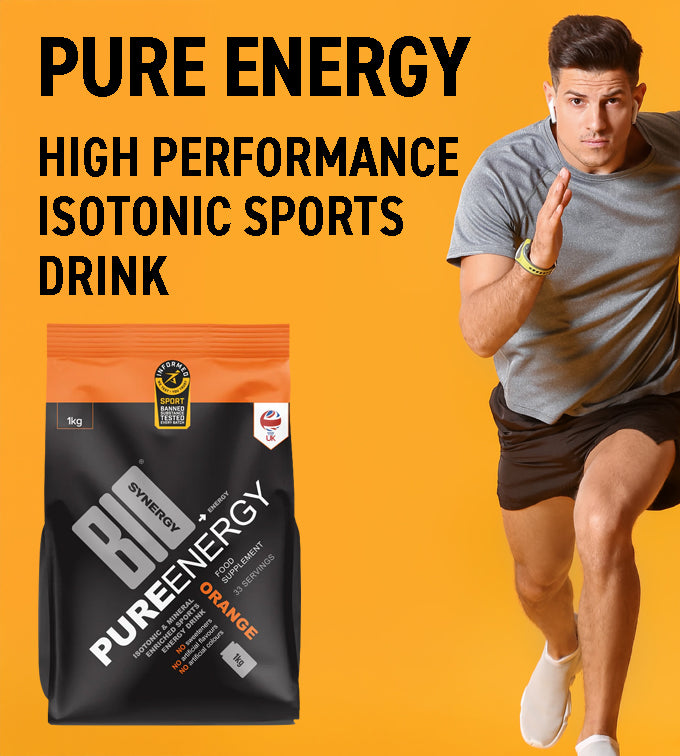How is oral health related to sport?
Having balanced sport and dentistry over the past 5 years learning not only of the physical but mental effects of oral health on our society I have always questioned; are the two related or is our oral health completely separate from our sporting lives? With around 2% of the general population having never visited a dentist, 31% of adults in the U.K. having tooth decay and 29%of the population suffering from regular dental pain, out of the 15.97 million people over the age of 16 playing sport weekly in England alone, there are many athletes whose oral health have suffered and potentially their sporting performance.
Oral health is not at the highest standard in the general public in the U.K. with one in four adults admitting they don’t brush twice a day, including a third of men. Some of the knowledge is there however it is not seen as a high priority to most people to take 2 minutes out of their daily routine as, let’s be honest, no one (including dentists) enjoys brushing their teeth however if it is this difficult for the general public to maintain their oral health how do our elite athletes fare?
From published studies, it is a consistent finding that oral health in elite athletes is poor. This statement should come as a shock to most as oral diseases are large in part preventable and with their potential to impact physical and mental health and in turn performance of otherwise fit, heathy and highly prepared athletes they should be closely monitored. Below is an abstract from a study carried out during the London 2012 Olympic games which showed dental consultations comprised 30% of all medical visits (second to musculoskeletal), showing the implications of oral healthcare during major competitions. This demand has increased over successive games.
Needleman I, Ashley P, Petrie A, et al Oral health and impact on performance of athletes participating in the London 2012 Olympic Games: a cross-sectional study Br J Sports Med Published Online First: 24 September 2013. doi: 10.1136/bjsports-2013-092891
“302 athletes from 25 sports were recruited Overall, the results demonstrated high levels of poor oral health including dental caries (55% athletes), dental erosion (45% athletes) and periodontal disease (gingivitis 76% athletes, periodontitis 15% athletes). More than 40% of athletes were ‘bothered’ by their oral health with 28% reporting an impact on quality of life and 18% on training and performance. The oral health of athletes attending the dental clinic of the London 2012 Games was poor with a resulting substantial negative impact on well-being, training and performance. As oral health is an important element of overall health and well-being, health promotion and disease prevention interventions are urgently required to optimise athletic performance.”
How does this effect performance?
Oral health is a basic right of all athletes but is consistently neglected or de-prioritised showing a high need for treatment. Dental caries, dental erosion (tooth wear), periodontal disease (gum disease) and dental trauma in ‘at-risk’ sports are the principal oral health conditions affecting athletes today. The effect of these can have short-term and long-term consequences. In short-term, poor oral health can cause pain, difficulty eating, difficulty sleeping, a change in quality of life and therefore an impact on training and performance. The long-term includes, increased risk of tooth loss, increase need for treatment and resulting negative effects on appearance with psychological effects on confidence and consequently on performance. There are many challenges to the oral health of elite athletes which cause these problems. These include nutritional challenges from constant carbohydrate intake and acidic sports drinks, mouth drying from dehydration, lack of awareness or lack of prioritisation and lack of preventative support.
Dehydration and local drying of the mouth
Sporting activity increases the impact of carbohydrates on caries and acidic drinks on erosion by reducing salivary flow and therefore reducing the protective properties of saliva. These properties include anti-microbial effect protecting from foreign bacteria which initiate caries and re-mineralisation which strengthens the teeth throughout every day.
Nutritional intake
Including usual diet, sports drinks and supplements is a major determinant of oral health, including dental caries, gum disease and dental erosion. Training and performance are often supported by carbohydrate-containing sports drinks and gels, which are taken frequented during activity. These drinks include energy drinks (normally with a carbohydrate concentration of >10%), isotonic sports drinks (4–8% carbohydrates) and hypotonic drinks (normally around 2% carbohydrate or less)1. Dietary carbohydrate intake is one of the most well-characterised causative factors for dental caries and acidic foodstuffs and beverages are the main factors causing erosion.
In conclusion, our oral health plays a big part in our sporting lives whether we know it or not. From the studies we can see poor oral health can lead to numerous problems which in turn have negative effects on our performances and for elite athletes who spend their entire lives improving every small aspect of their bodies to get the best results possible, oral health should be but another aspect of their body to improve to get the best results and performances possible.
References: - Needleman I, Ashley P, Fine P, et al Oral health and elite sport performance Br J Sports Med Published Online First: 28 September 2014. doi: 10.1136/bjsports-2014-093804 - Needleman I, Ashley P, Petrie A, et al Oral health and impact on performance of athletes participating in the London 2012 Olympic Games: a cross-sectional study Br J Sports Med Published Online First: 24 September 2013. doi: 10.1136/bjsports-2013-092891
How can we improve the oral health of athletes?
- Oral health assessment should be part of every athlete's routine medical care.
- Poor oral health can affect well-being, training and performance of athletes and as such this information should be made more readily available for athletes.
- Oral health promotion and disease prevention strategies need to be developed to facilitate the health, well-being and performance of elite athletes.
- Substitute (where possible) parts of an athletes diet which are high in carbohydrate for low alternatives e.g isotonic sports drinks for Bio-Synergy Skinny Water®
By Ben Cosgrove







